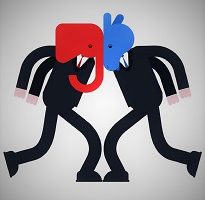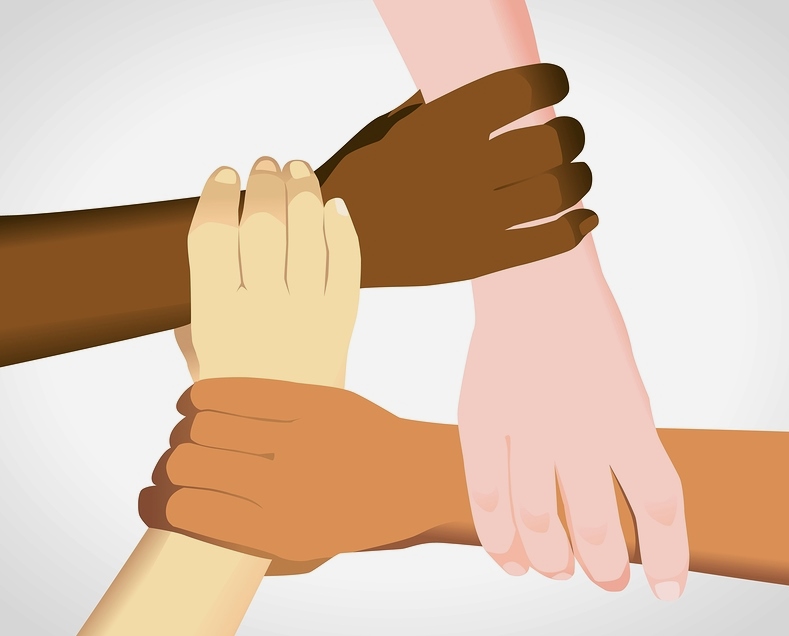When it comes to romance and friendship, many people fear rejection, even when they’re just conjuring it up in their imagination. If we’re frequently anxious about being accepted or loved, we may be emotionally attached to rejection. With this attachment, people operate on … [Read more...] about Are You Overly Sensitive to Rejection?
self-doubt
Three Self-Defeating Reactions at the Heart of American Disunity
One of president-elect Joe Biden’s priorities is to bring peace to the nation’s warring camps. The task will be easier as more of us begin to understand the deeper psychological dynamics that undermine unity and civility. When bitterly at odds, we’re usually under the … [Read more...] about Three Self-Defeating Reactions at the Heart of American Disunity
Now’s the Time for Heroes
Now is the time for each of us to find purpose and direction. The world is convulsing in agony and terror, and every one of us is needed to contribute some heroism to the drama of aspiring humanity. Are you looking for your part, your role, in this great drama? Can you do … [Read more...] about Now’s the Time for Heroes
Answers to Questions from Readers (Part 4)
Readers often send me emails with their comments and questions. Here I answer three of them, edited to remove identifying details. My responses are in italics. My life has been a struggle for many years. The negative emotions I experienced (mostly being viciously manipulated … [Read more...] about Answers to Questions from Readers (Part 4)
Unconscious Bias in Race Relations
Protests against the handling of racial tensions broke out this month on university campuses across the United States, and once again we find ourselves confounded by the deviltry of human nature. Why does skin color in 2015 still inflame animosities? Depth psychology provides us … [Read more...] about Unconscious Bias in Race Relations




